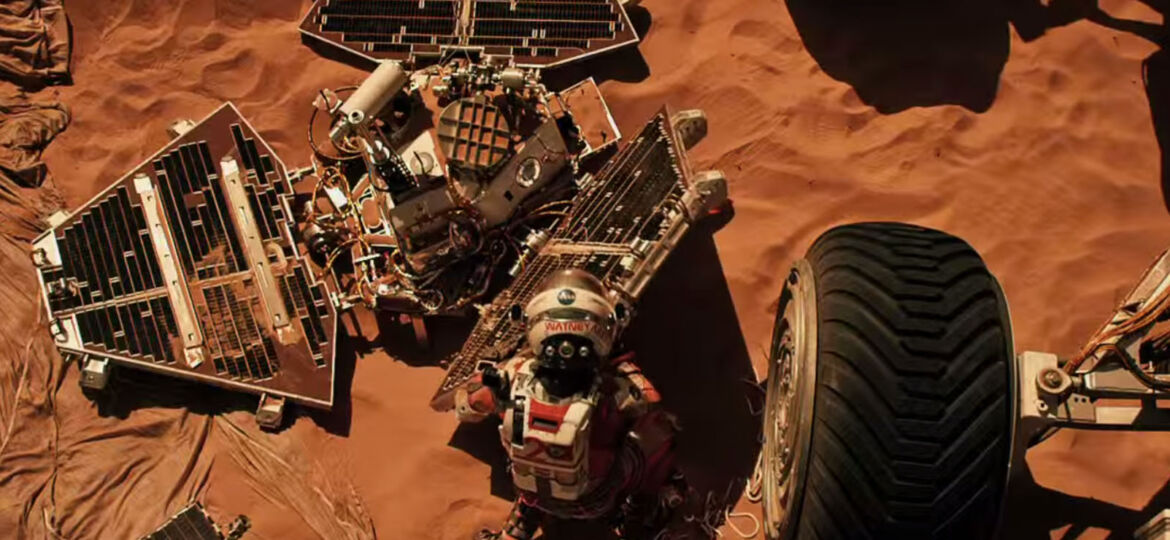
WHY THIS MATTERS IN BRIEF
Musk needs to raise $10 Billion to fund his ambitious 2026 Mars flights as well as a Martian City, the profits from this project will help fund his Mars project.
 Love the Exponential Future? Join our XPotential Community, future proof yourself with courses from XPotential University, connect, watch a keynote, or browse my blog.
Love the Exponential Future? Join our XPotential Community, future proof yourself with courses from XPotential University, connect, watch a keynote, or browse my blog.
Elon Musk doesn’t only plan to bring the whole world online using a fleet of low cost communication satellites, he also wants to use the same infrastructure to provide internet on Mars.
Months after confirming the new SpaceX project, Musk has finally said that he plans to send hundreds of satellites to orbit the planet 750 miles above the ground. That’s much farther than the ISS, which maintains an altitude of around 268 miles, but closer than the farthest medium-earth orbit communication satellites at 22,300 miles. Their closer proximity to users means speedier internet and less latency, a problem that dogs satellites in higher orbits, as signals have lesser distance to travel, so it is conceivable that the new system could rival providers who base their networks on fibre optic.
He has also revealed that the space internet project will operate out of SpaceX’s new Seattle office, starting with 60 employees who will also be working on the Falcon rockets and Dragon capsules. Musk said it will take them more than five years cost them a whopping $10 billion to build the satellites for the project. But the amount isn’t an issue, as SpaceX sees it “as a long-term revenue source for SpaceX to be able to fund a city on Mars.”
Of course, that depends on whether the flourishing private space company manages to shuttle people to the red planet and build a colony.
Another company called OneWeb announced a similar project earlier this week, headed by Greg Wyler, who was reported to be in talks with SpaceX for a joint venture last year. In the end, Wyler and Musk had a “fundamental disagreement about the architecture” of the technology, and Wyler secured funding from Richard Branson’s Virgin Group instead.
















